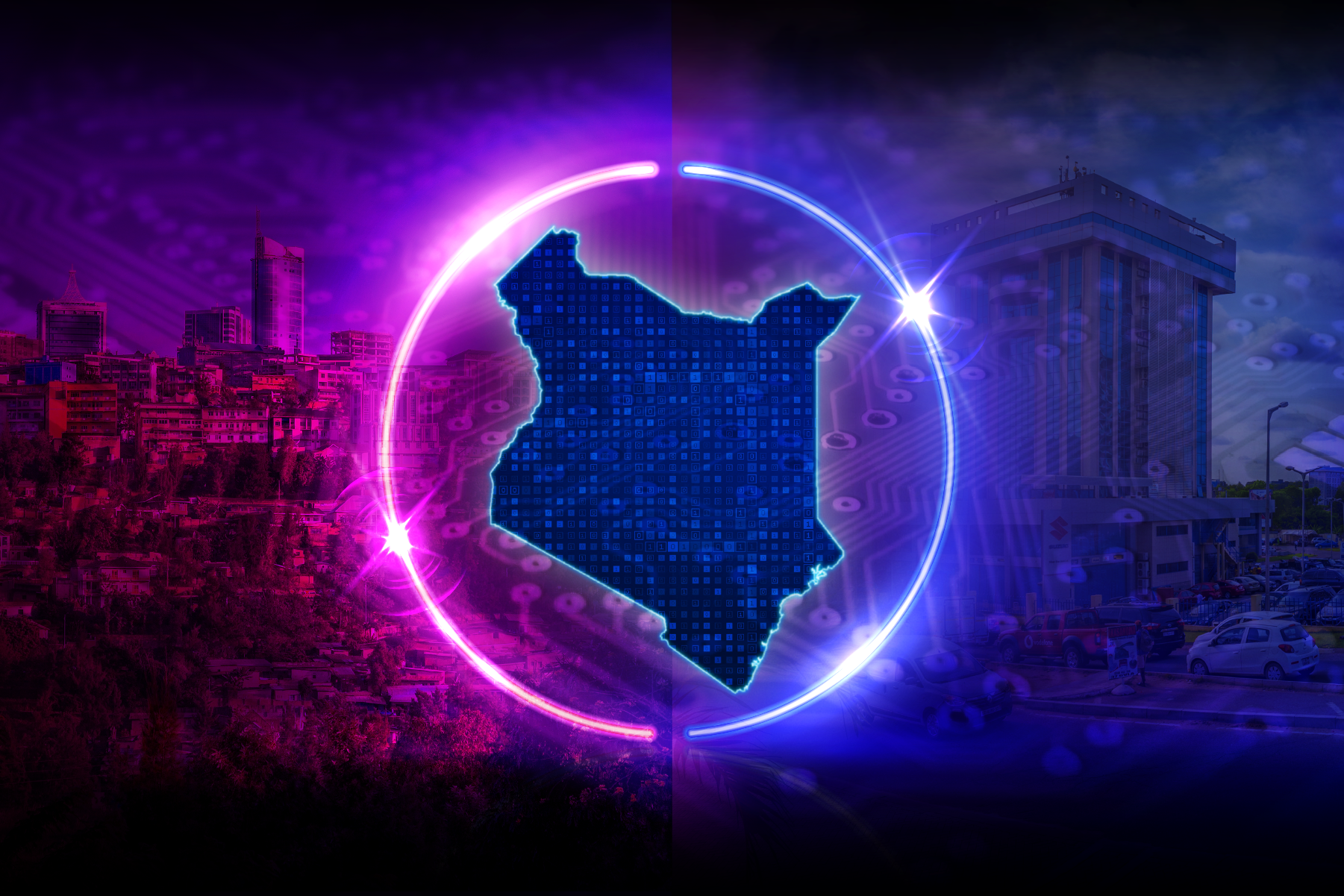Regulatory Technology, or simply RegTech, has become a key consideration in many African countries over the last decade and a half.
We have seen countries across Africa adopt technological solutions that suit their different needs, cutting across industries like mobile money and digital financial services, telecommunications, digital identity, etc.
The success of these different technologies varies across the different countries and there are key examples that can be cited as successes, with Rwanda and Ghana coming to mind as executions that can provide key lessons for other nations looking at implementing RegTech.
For example, in 2012, the Rwanda Utilities Regulatory Agency (RURA) commissioned the International Gateway Traffic Verification System (IGTVS), a comprehensive data solution that allows it to independently audit and monitor the networks in Rwanda for a number of purposes.
The IGTVS has helped the Rwandan Government to detect over 30,000 fraud lines since 2014 and track half a billion transactions monthly, as well as increase annual revenue collection by 6%. This solution was implemented together with the Global Voice Group (GVG).
Additionally, during the pandemic, we saw the operationalisation of multiple measures by different African governments to curb the spread of the coronavirus.
Among the measures that cut across multiple countries was the implementation of a curfew, with the enforcement of this curfew taking different forms from one country to the next, and contact tracing – to easily identify anyone that may have come into contact with an infected person.
Another instance that can be used as a case study is the implementation of GVG’s Covid Tracker in Ghana. The tracker is a technical and analytical system which collects mobility data to provide governments, relevant authorities and response teams a better understanding of the disease’s spread within a given country.
The Ghanaian government worked together with GVG to use the tracker to identify population movement among quarantined subjects, contact tracing and predictive analysis, to advise the review and development of containment measures.
Mobility data provides actionable information through population mobility insights. When we make a telecom transaction (call, SMS, top-up, etc.), the mobile phone constantly exchanges a lot of technical information with the Mobile Network Operators’ cell towers and other core systems.
One of the parameters the network knows about the mobile phone is its location.
When a mobile phone moves around, the area changes and we can say with certainty that this phone is no longer stationary but moving. It is worth noting that there are numerous regulatory aspects to be examined for each country, which are strongly related to data access and data privacy.
These would be the crucial aspects which require full attention, even before we enter the application of the solution.
RegTech solutions have the capabilities to curb the rise of fraud in telecom ecosystems, improve the oversight of the growing digital financial markets, meet the increasing needs for e-governments and help expand digital identities and harness the growing potential of mobility intelligence.
These are a handful of the benefits that come with the correct implementation of these technologies. Some East African telecom regulators have been exploring the benefits of RegTech, to counteract fraud (both local fraud and regional fraud – known as ONA fraud).
The Communications Authority of Kenya, for instance, initiated consultations with the industry in 2020 to determine the best way to put in place the Device Management System, a solution that aims to identify counterfeit, stolen and non-type-approved devices and stop them from connecting to the country’s telecom networks.
Furthermore, according to News Africa, Rwanda and Tanzania have seen their level of telecom fraud drop following the implementation of a RegTech solution provided by GVG, which includes a fraud management system.
As part of RegTech, another solution, known as the Mobile Money Monitoring Solution (M3), contributed to enabling the Tanzanian government to bring into compliance US$ 240 billion.
Kenya has been one of the African nations leading in the adoption of a digital transformation agenda, with significant success.
The country is a pioneer in the development of mobile money, a solution that has developed from a simple money transfer system to one that now includes saving and credit facilities.
Additionally, the country also has an increased rate of mobile phone and smartphone adoption that supports the pervasiveness of technological solutions.
Therefore, there are current applications of RegTech that Kenya can seek to replicate in the execution of RegTech by different African nations who have already chosen to do so, with there being successes that span over a decade.
If all considerations are put in place, including legislative support, infrastructure development and data protection, Kenya can have great success in the setting up of RegTech as envisioned by the Communications Authority of Kenya.
Enhancing and streamlining regulatory and compliance processes is exactly what RegTech is all about. RegTech therefore represents a strong ally for governments and regulatory bodies when it comes to regulating key digitized markets.
Read the original article on KBC.



